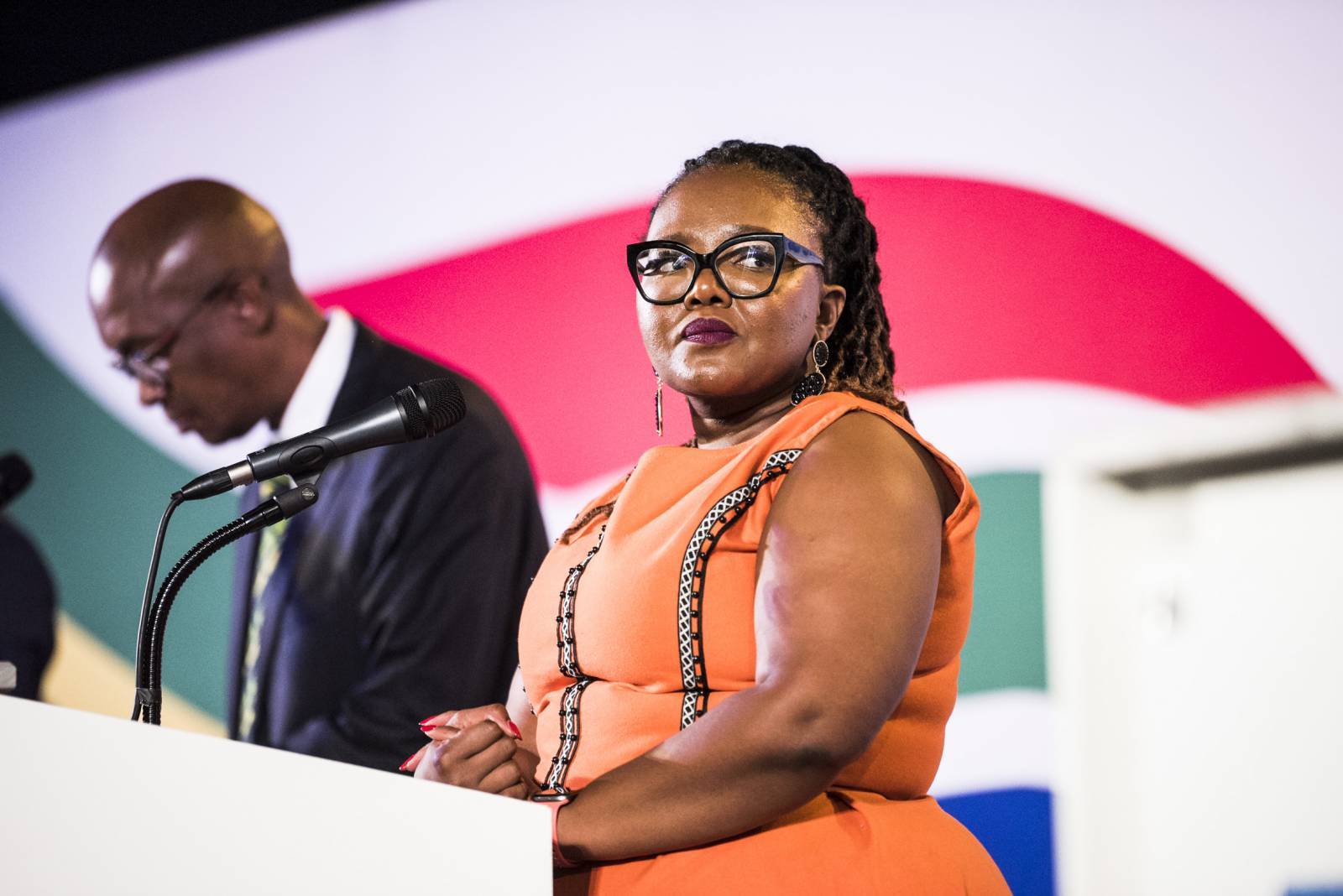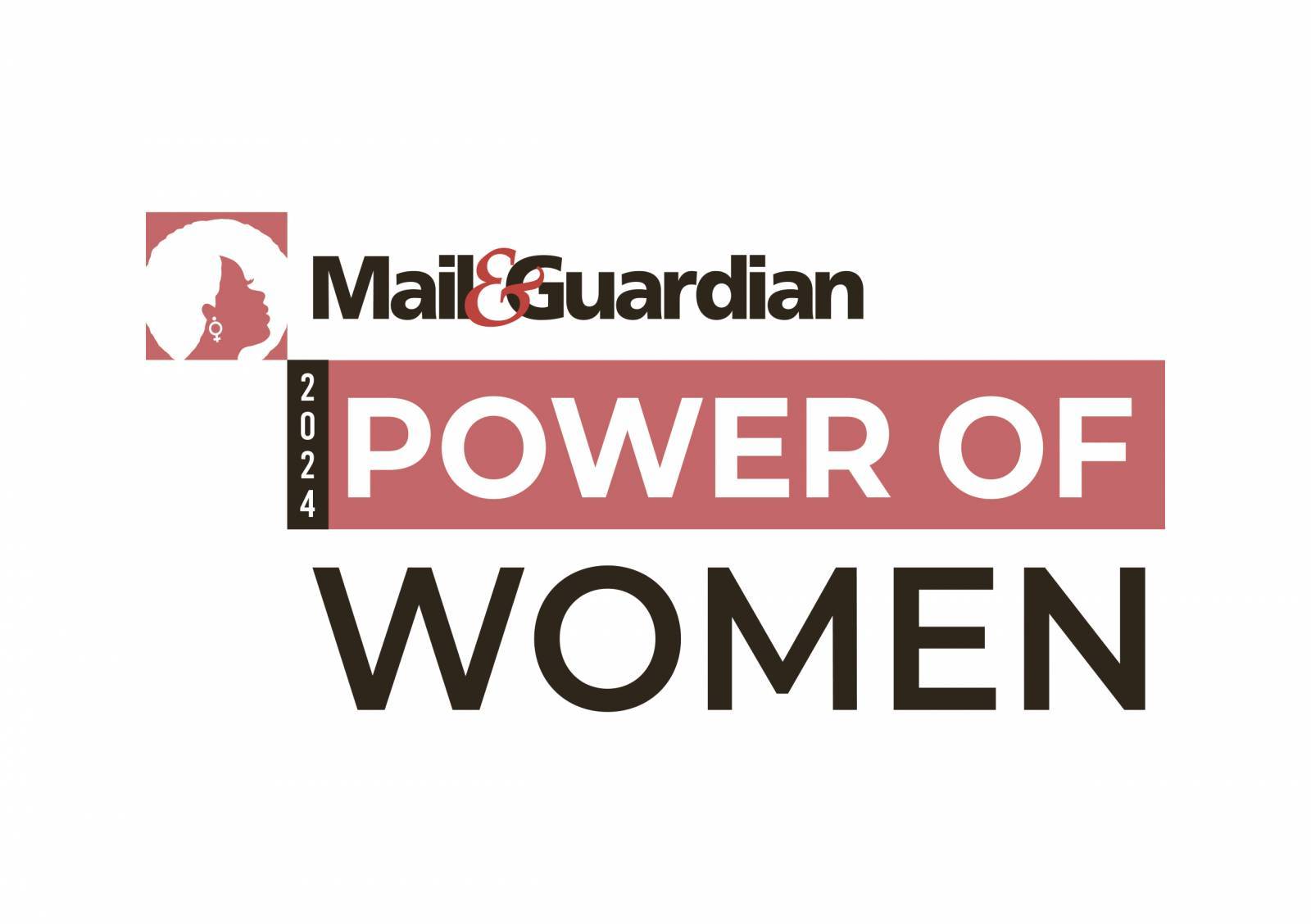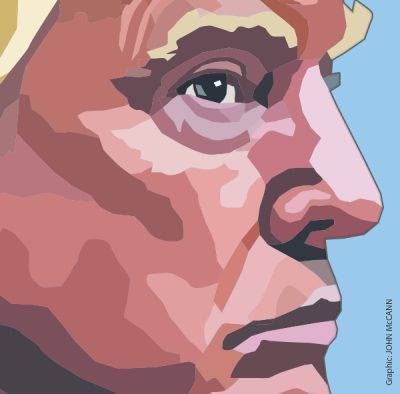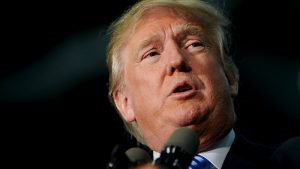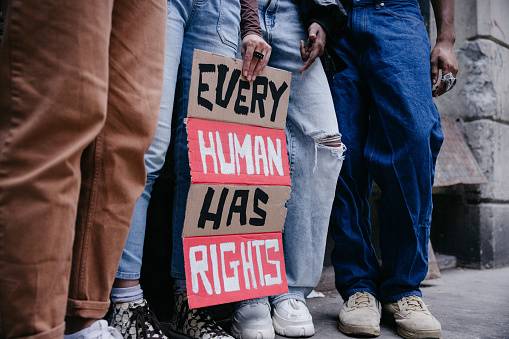
Another Human Rights Month has come and gone. This Human Rights Month occurred at a time when the architecture of global power is changing day by day because of unilateral decisions being taken — and announced through social media — by US President Donald Trump.
The changes to the global architecture suggest that we should worry about whether we are going to see the wins achieved since the end of World War II in 1945 being reversed. Are we going to see the gains made towards making human rights universal, at least on paper, rolled back?
I say “at least on paper” because we know that, since the adoption of the Universal Declaration of Human Rights by the UN General Assembly in 1948, there have been wars all over the world. These wars have almost always been perpetrated by powerful nations and groups against those with less power and voice. From Vietnam, Iraq and Palestine to Ukraine, rights violations have taken place — and they continue to.
But, what we have had until now was a semblance of agreement on common rules that bind nations, subnational groups and individuals. Being bound by common rules has meant that defenders of human rights could call out abuses and use domestic and international legal instruments to shield those whose rights were being abused and to hold the powerful abusers of others’ rights to account.
In the new era the world has now entered, we have to worry that we might be headed for the end of this global pact.
In the US, we hear of activists like Columbia University graduate student Mahmoud Khalil being disappeared because of his activism for Palestinians. Reports by human rights defenders say 48 people have been disappeared since Trump took office. The US and the world are on a slippery slope.
The violent silencing of dissent that we saw in dictatorships from Peru, Argentina and Zaire to apartheid South Africa in the past is beginning to take place in what was thought to be a mature democracy.
Added to this, the US has withdrawn from the UN Human Rights Council. What will happen when the powers that be in the US decide to add a new international element to their domestic repression? Are parts of the globe that they have in their sights headed for the kind of unrestrained violations we are seeing Israel perpetrate against Palestinians right before the world’s eyes?
And would that authorise other powers to move on their ambitions to annex territories they have their eye on and colonise their people? Is the world also then entering a new era of colonisation?
Clearly, we need to worry about where the world is headed in this era we have entered. We at the Nelson Mandela Foundation, whose raison d’être is to champion human rights, peace, democracy and justice in South Africa and the world, have our work cut out for us.
We and our counterparts the world over must raise our voices to sound the alarm and to speak up for those who are bearing the brunt of the new forms of abuse of power that we see emerging as multilateralism is undermined. The crude exercise of power to drive narrow nationalist or sectarian agendas must not go unchallenged.
Mbongiseni Buthelezi is the chief executive of the Nelson Mandela Foundation.
